Did you know that Women’s Resource Center offers affordable mental health counseling in all three locations? We work to match our clients with our counselors because it is a very personal experience. Below, Karen Koenig, who provides counseling in our Sarasota facility, shares her perspective of the benefits of mental health counseling.
The thought of seeing a mental health counselor may conjure up images of re-opening childhood wounds or pouring your heart out to a virtual stranger who says little and fails to help you resolve your problems. As a clinician with 30-plus years of experience and someone who’s been both client and therapist, I can assure you that counseling has a great deal to offer.
Here are seven ways that counseling will enhance your life:
-
Improving Relationships
Many women come to counseling to learn how to deal with problematic relationships—a controlling mother, alcoholic father, parenting issues, depressed spouse, or critical boss. Sometimes relationship problems are acute, such as when your partner or spouse gets diagnosed with a serious medical condition or when your daughter announces that she’s pregnant and dropping out of college. Other times, problems are chronic, such as wanting to leave an abusive partner or learning how to manage work and child-rearing as a single parent.
-
Skill-building
Life skills are strategies for surviving and thriving in the world. None of us has a complete set, because the people who taught us had some deficits from their own upbringings. Counseling can help you learn skills that you didn’t even know you lacked or help enhance ones that you’ve been struggling to improve for decades. Skills include establishing and maintaining boundaries with others, balancing work and play, building self-esteem and self-confidence, setting and reaching goals, living consciously, and managing depression, anxiety and other troubling emotions.
-
Substance Abuse
Women often come to counseling because they want to kick a bad habit such as alcohol, drugs, over-spending, or eating disorders. They know that what they are doing to themselves is unhealthy and either have tried to get help and not succeeded or have been struggling to clean up their act on their own. Counseling offers psycho-education about many types of substance abuse, as well as the support needed to move on from plateaus and relapses. It provides women with strategies to reduce stress and teaches them how to develop and sustain new practices for eliminating unhealthy habits.
-
Depression, Anxiety, and Personality Disorders
Many women who come to counseling suffer from depression or anxiety, diagnosed or undiagnosed. Or they may have personality disorders involving impulsivity or difficulty being alone. Counseling offers strategies to change their thinking and re-pattern the brain, educates them about treatment options, and helps them increase both formal and informal support. In fact, counseling can be truly eye-opening for women who have been unhappy for decades (maybe even since childhood) but never realized that they suffer from a mood or personality disorder. It teaches them how to manage their distressing emotions and can direct them to a prescriber for medication, to support groups tailored to their problem, and to activities such as meditation and yoga that will improve the mind and body.
-
Transitions
Transitions can be difficult times for women—going from single to married or vice versa, relocating to a new city, looking for a job or changing careers, retirement, having your first child or facing an empty nest, not to mention the challenges of aging and the death of a loved one. Transitions can produce uncertainty and anxiety, but they can also be times of renewal. Speaking with a trained, unbiased counselor about your options and challenges can be a game-changer or a life-saver.
-
Self-care
Women often think of self-care as grooming—hair cuts, massages, facials, etc.—but it’s far more than that. It involves taking care of yourself inside and out. Eating well, engaging in routine medical visits and preventive health measures, getting enough “me” time, enjoying physical activity, reducing and managing stress, having sufficient fun and pleasure, and finding meaning in life are all part of self-care. Unfortunately, women have been socialized to take care of others at their expense and to put others’ needs before their own. They even may fear that doing things for themselves means that they are being selfish. Counseling focuses on improving women’s self-care by examining where they fall short and determining how to find a balance of attending to self and other.
-
Trauma and abuse resolution
Women may recognize trauma and abuse as part of their histories, but often are unaware of how they are adversely affected by these events in current relationships, jobs, and especially self-care. For example, many women with eating and other substance abuse problems are trauma and abuse survivors. And, no, trauma need not be one major incident that shaped your life such as rape, physical assault, or a family tragedy. That type of event is called “big T” trauma, while mistreatment in the form of ongoing or intermittent physical, sexual or emotional abuse is called “little t” trauma. Both can have a profoundly toxic effect on our lives, even decades later. In counseling, women get help in identifying abuse and trauma, learn how to diffuse its painful memories, and reduce the damaging impact it has had and currently has on their lives.
If you are unfamiliar with how counseling works, let me debunk a common misperception: It does not involve a professional telling you what to do. Counseling takes many forms and is tailored to your needs and goals. Some women resolve their issues in just a few months, and for others, it may take longer. Sessions can be scheduled weekly or every other week. The goal of counseling—individual, couples, or family—is for you and your counselor to work together to help you achieve the health and happiness you so richly deserve.


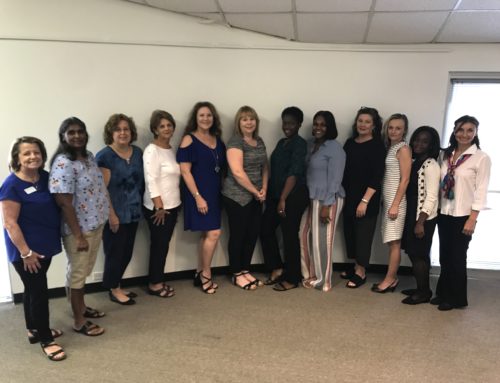



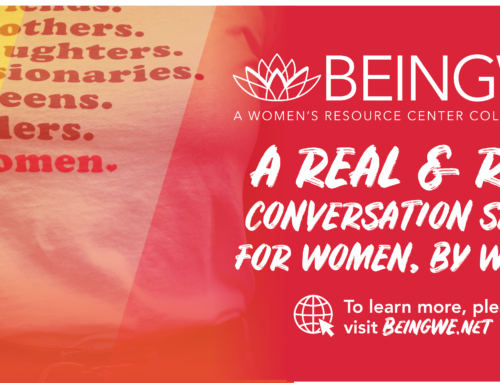




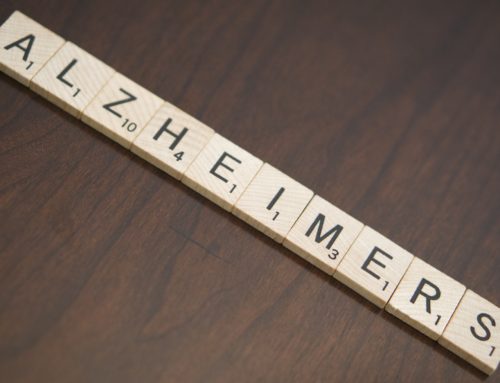

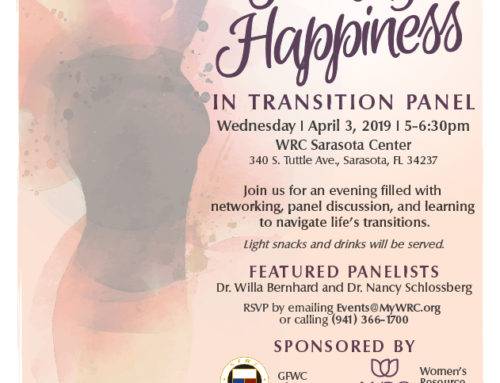




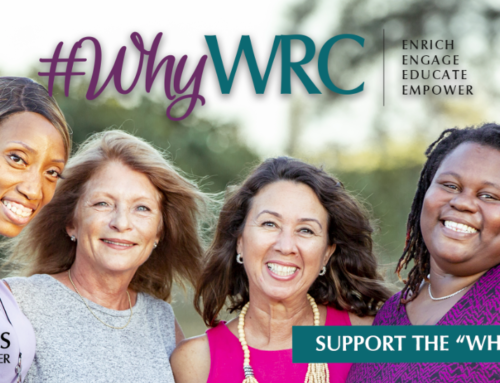

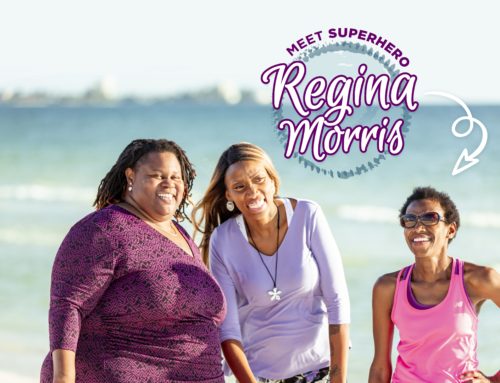

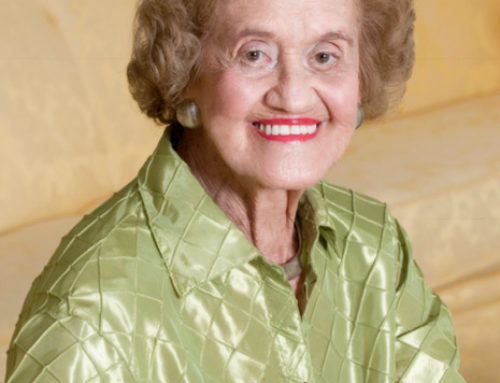
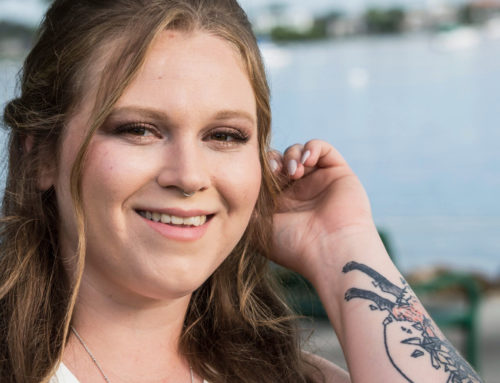








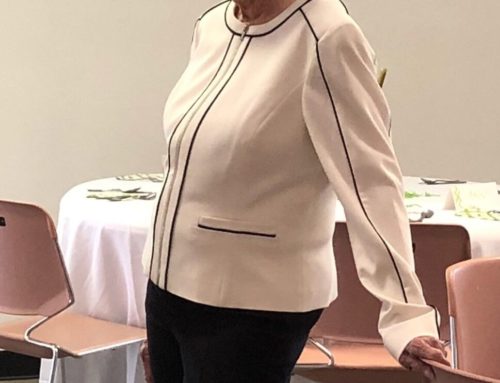

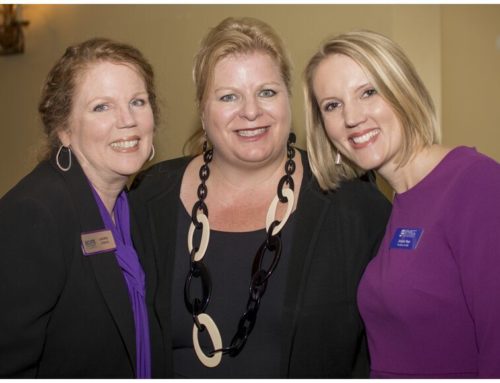



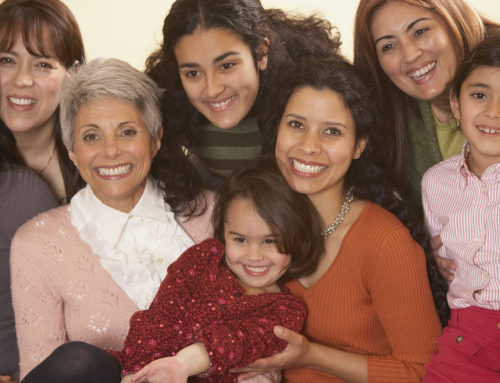


Leave A Comment